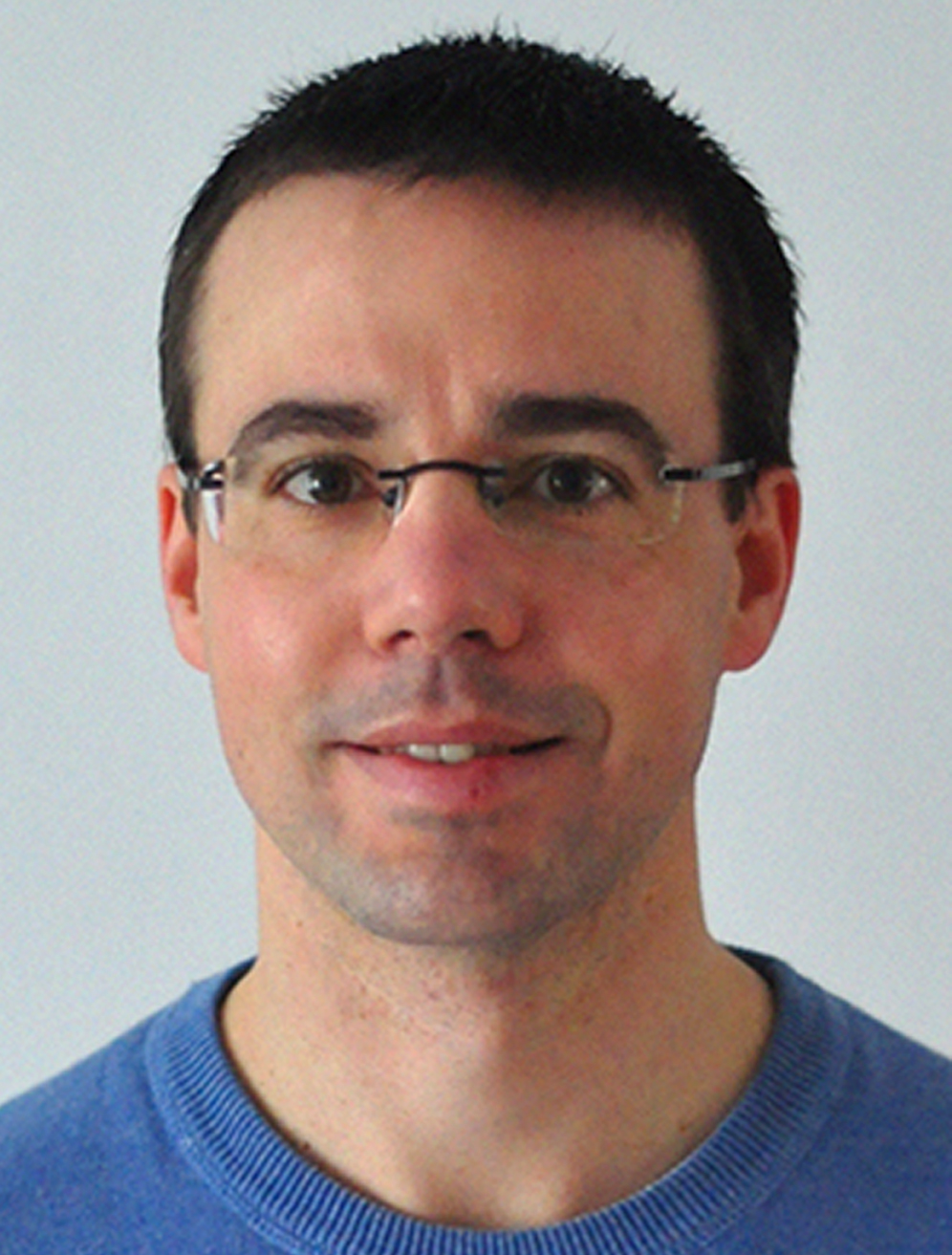Prof. Dr. Matthias Altmeyer

Department of Molecular Mechanisms of Disease (DMMD), University of Zurich
Damage to our genetic material can lead to dysfunctional gene products, which in turn can greatly affect cell function and cause disease. Cancer is most prominently associated with increased mutational loads and many tumors show signs of genome instability. To reduce the risk of acquiring mutations, our cells have developed sophisticated molecular mechanisms to minimize DNA damage and repair genetic lesions efficiently when they occur. Many of these cellular mechanisms are subverted in cancer, indicating that they provide a natural barrier for cancer development, a molecular safeguard that we still do not understand in great detail. Moreover, from a therapeutic perspective, the deregulation of cellular genome caretaker functions in cancer may constitute cancer-specific vulnerabilities that can be exploited by precision medicine.
Our research aims at elucidating cellular mechanisms of genome integrity maintenance. Many of these mechanisms operate at the level of chromatin, and we investigate how different chromatin states affect DNA repair reactions, and how the DNA repair machinery itself uses spatially and temporally confined chromatin modifications to safeguard genome integrity. Such modifications can transiently sub-divide the intracellular space by generating dedicated repair compartments surrounding DNA break sites, and we study their physicochemical properties and functional contributions for chromatin transactions in the course of the DNA damage response. Moreover, we are interested in the principles that prevent DNA damage induced chromatin modifications from turning into derailed reactions, which bear the risk to unbalance repair pathway choices and thereby undermine genome integrity. To achieve our aims we use state-of-the-art cell biological tools combined with molecular biology and biochemical approaches. A major focus lies on advanced cell imaging techniques, in particular time-resolved microscopy of chromatin dynamics in response to DNA breakage, and multivariate automated high-content imaging of cell populations exposed to genotoxic stress treatments. By combining our tailored cell imaging setup with targeted perturbations of cell functions through chemical and reverse genetics we aim at exploring hitherto unknown genome caretakers and their modes of action.